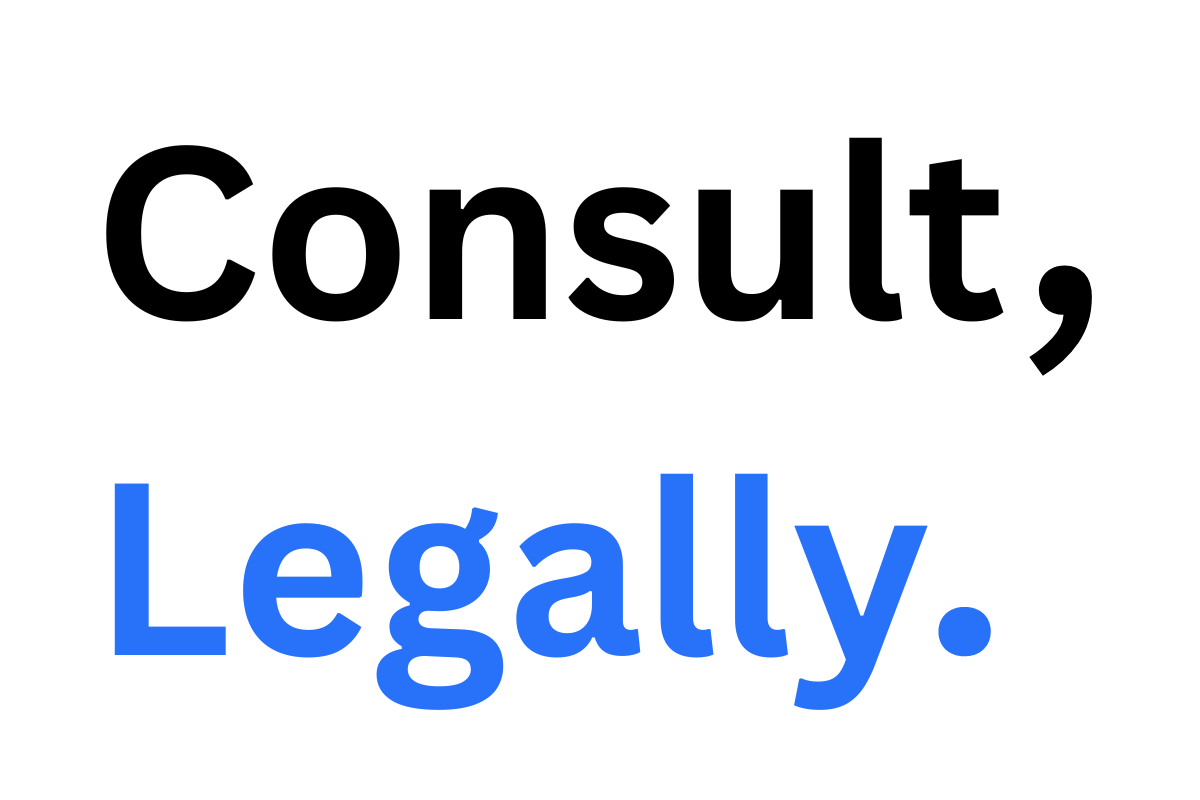We live in an era where we interact with others daily, whether it’s for business, personal reasons, or even casual exchanges. At times, however, people don’t always act in good faith. Some individuals use deception to manipulate others and gain personal benefits. One such crime is false pretenses.
If you’ve ever heard someone talk about being “scammed” or “duped” into something, it might be a case of false pretenses. In this article, we’ll break down what false pretenses are, how it works, and how it affects victims. We’ll also discuss the key elements of the crime and provide examples to help you fully understand how serious it can be.
What is False Pretenses?
Simply put, false pretenses is a crime where someone gains ownership of another person’s property through deception or fraudulent misrepresentation. The person committing this crime lies or misleads the victim in such a way that the victim willingly transfers their property to the liar. This could be anything from money, goods, or even property rights.
Imagine this: someone promises to sell you a car, telling you it’s in perfect condition. You trust their word, only to find out later that the car has serious issues and isn’t worth the price you paid. This could be considered a case of false pretenses, especially if the seller lied to you about the car’s condition to make the sale.
What makes this different from theft is that the victim in a false pretenses case actually agrees to hand over their property or money, but only because they were tricked into believing something that wasn’t true.
What are the Key Elements of False Pretenses?
For someone to be charged with false pretenses, the crime must meet certain requirements. It’s important to understand these elements because they determine whether the crime has occurred. Here are the key components of false pretenses:
- A False Representation The person committing false pretenses must have made a false statement. This could be verbal, written, or even implied through their actions. This statement must be about a past or present fact, not a future promise. For example, if someone tells you they are selling a brand-new laptop when it’s actually used and defective, that’s a false representation.
- The False Statement Must Be About a Material Fact A material fact is something important enough to influence a person’s decision. It can be something that affects the value of a property or the condition of a product. If someone falsely claims they are a certified mechanic when they are not, and you hire them to fix your car, you could be misled by a material misrepresentation. It’s not just a small detail—it’s something that affects your choice.
- Knowledge of the Falsehood The person making the false statement must know that what they are saying isn’t true. It’s not enough if they mistakenly believe what they’re saying is true. For example, if a person honestly believes their used car is in great condition when it’s not, it’s not false pretenses. But if they know it’s faulty and lie to you anyway, that’s a crime.
- Intent to Defraud The person committing the crime must have the intention to deceive and benefit from the victim’s actions. In other words, they know their lie will cause harm, and they hope to gain from it. If someone tells you they will use your money to invest in a project and instead uses it for their personal expenses, that’s an intent to defraud.
- Victim’s Reliance on the False Representation For the crime to be complete, the victim must rely on the false statement to make a decision. If the victim didn’t trust the liar’s statement, they wouldn’t have handed over their property or money. In our car example, if you didn’t believe the seller’s claim that the car was new, you wouldn’t have bought it.
Examples of False Pretenses
To make things clearer, let’s go over some real-world examples of how false pretenses can play out:
Example 1: The Fake Job Offer
Imagine you are looking for a job, and a recruiter offers you a great position at a high-paying company. They tell you the company is very reputable and that you would be a perfect fit. You trust the recruiter and pay a fee for the application process. Later, you discover that the job offer doesn’t exist, and the recruiter is just trying to scam people. This is false pretenses because the recruiter falsely represented the job and took your money.
Example 2: The Real Estate Scam
Let’s say you want to buy a house and a seller tells you that their house is in excellent condition, with no history of damage or repairs. You trust the seller and purchase the house. However, after moving in, you find out that the house has extensive structural issues and was hiding significant damage. The seller knew about these issues but lied to you. In this case, the seller committed false pretenses by making a false representation about the house’s condition and defrauding you.
Example 3: The Fake Product Sale
A person sells a watch online, claiming it is an authentic, luxury brand. You purchase the watch for a high price, but when it arrives, you realize it’s a cheap knock-off. The seller lied to you about the product’s authenticity and tricked you into buying it. This is false pretenses, as the seller made a false statement with the intention of profiting from your trust.
Difference Between False Pretenses and Larceny
While both false pretenses and larceny (theft) involve taking someone else’s property, they are different crimes. Here’s how:
- False Pretenses: The victim knowingly transfers title (ownership) of the property to the perpetrator based on a lie or fraudulent representation. The key factor is the victim’s willingness to part with the property, which is based on a lie.
- Larceny (Theft): The property is taken without the owner’s consent, and the victim does not willingly transfer ownership. It’s a crime of taking rather than deceiving.
So, if someone steals your purse without asking for it, that’s theft (larceny). But if someone tricks you into handing them your purse by telling you they need help, that’s false pretenses.
Legal Consequences of False Pretenses
False pretenses is a serious crime and can lead to both criminal and civil consequences.
- Criminal Consequences: If you are caught committing false pretenses, you could face criminal charges. The penalties vary depending on the severity of the crime and the amount of money or property involved. You could be sentenced to jail time, fines, or both. In some jurisdictions, the severity of the punishment depends on how much you deceived the victim out of.
- Civil Consequences: In addition to criminal penalties, victims of false pretenses can sue for the return of their property, as well as any damages they suffered as a result of the crime. For instance, if you were tricked into buying a defective product, you could take legal action to recover your money.
How to Protect Yourself from False Pretenses
False pretenses can happen to anyone, but there are ways to protect yourself. Here are a few tips:
- Always Verify Information: If someone offers you a product, service, or investment, make sure you verify the information independently before proceeding.
- Get Everything in Writing: Whether it’s a product, job offer, or contract, make sure all promises are in writing. This gives you evidence in case things go wrong.
- Don’t Rush: Don’t let someone rush you into making decisions. Scammers often pressure victims to act quickly without thinking.
- Consult Experts: If something seems too good to be true, get advice from a professional. Whether it’s a lawyer, real estate agent, or financial advisor, their expertise can help you make informed decisions.
- Report Suspicious Behavior: If you suspect that someone is trying to deceive you, report them to the authorities. This can help prevent them from scamming others.
Conclusion
False pretenses is a serious crime that can result in both criminal and civil consequences for those who engage in it. Understanding the key elements of the crime—such as making a false representation, intending to defraud the victim, and causing the victim to transfer title to property—can help you protect yourself from becoming a victim of deception.
By staying informed and cautious in your interactions with others, you can avoid falling prey to fraudulent schemes and scams. Always verify information, be wary of deals that seem too good to be true, and don’t hesitate to seek help from experts when needed.

